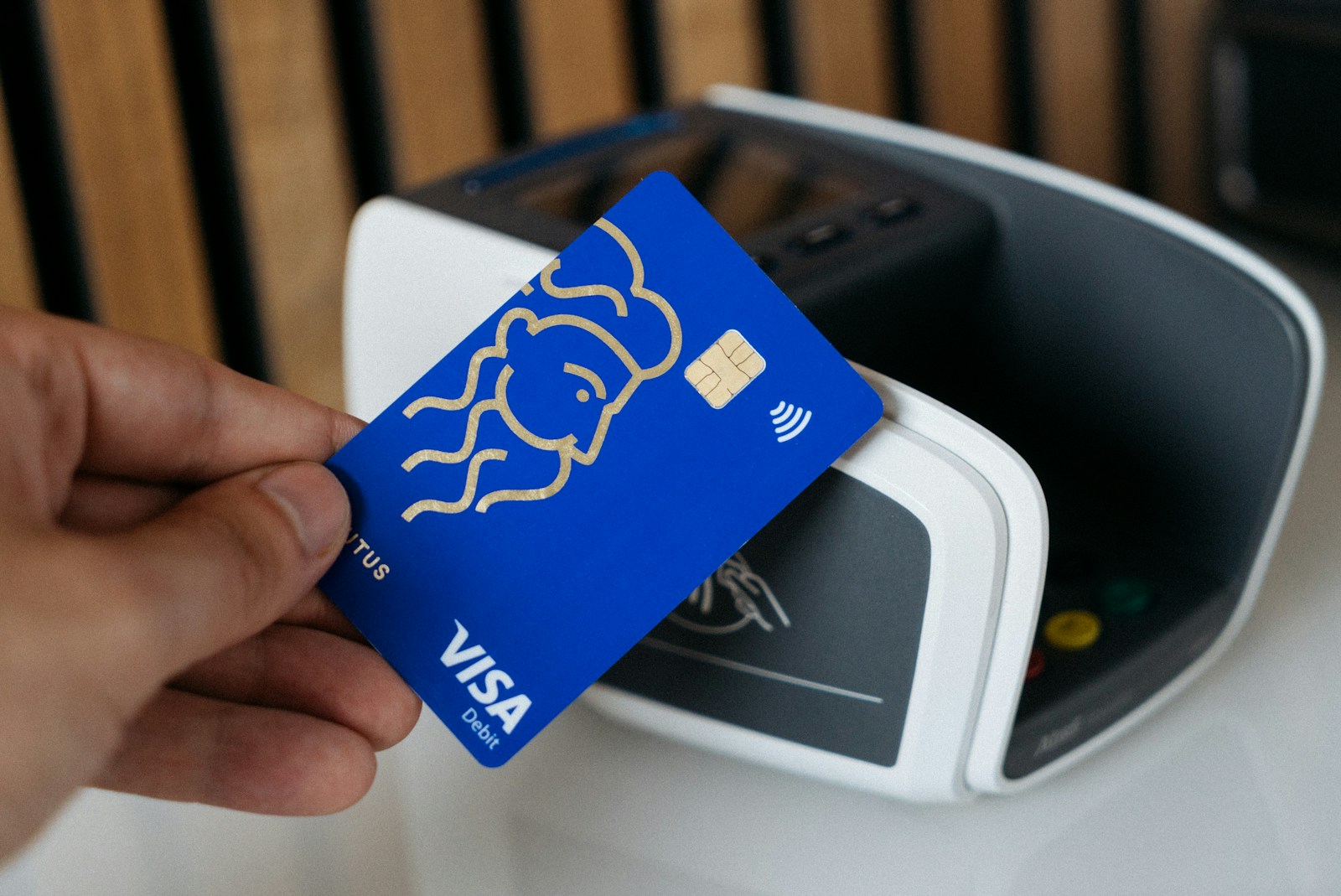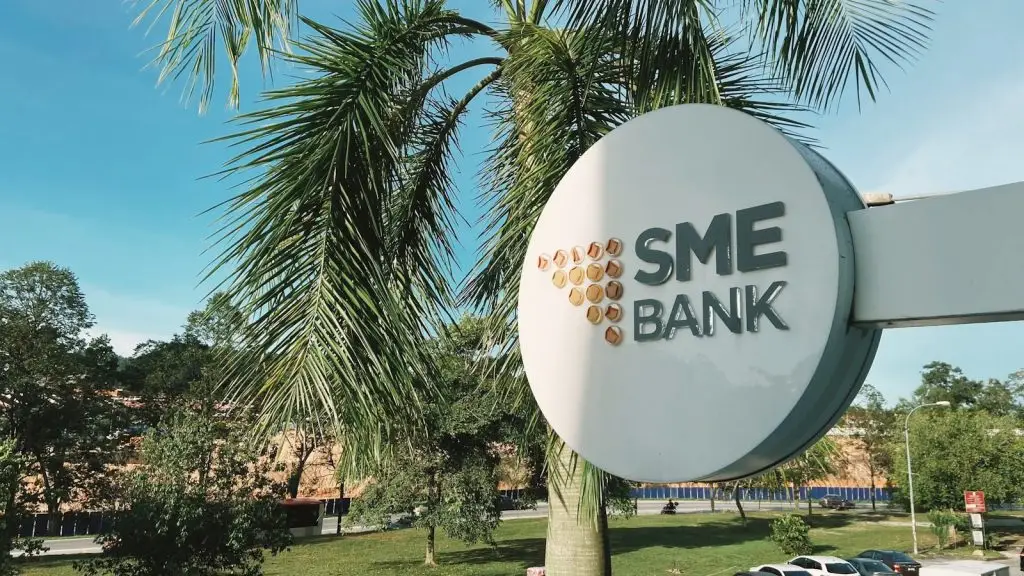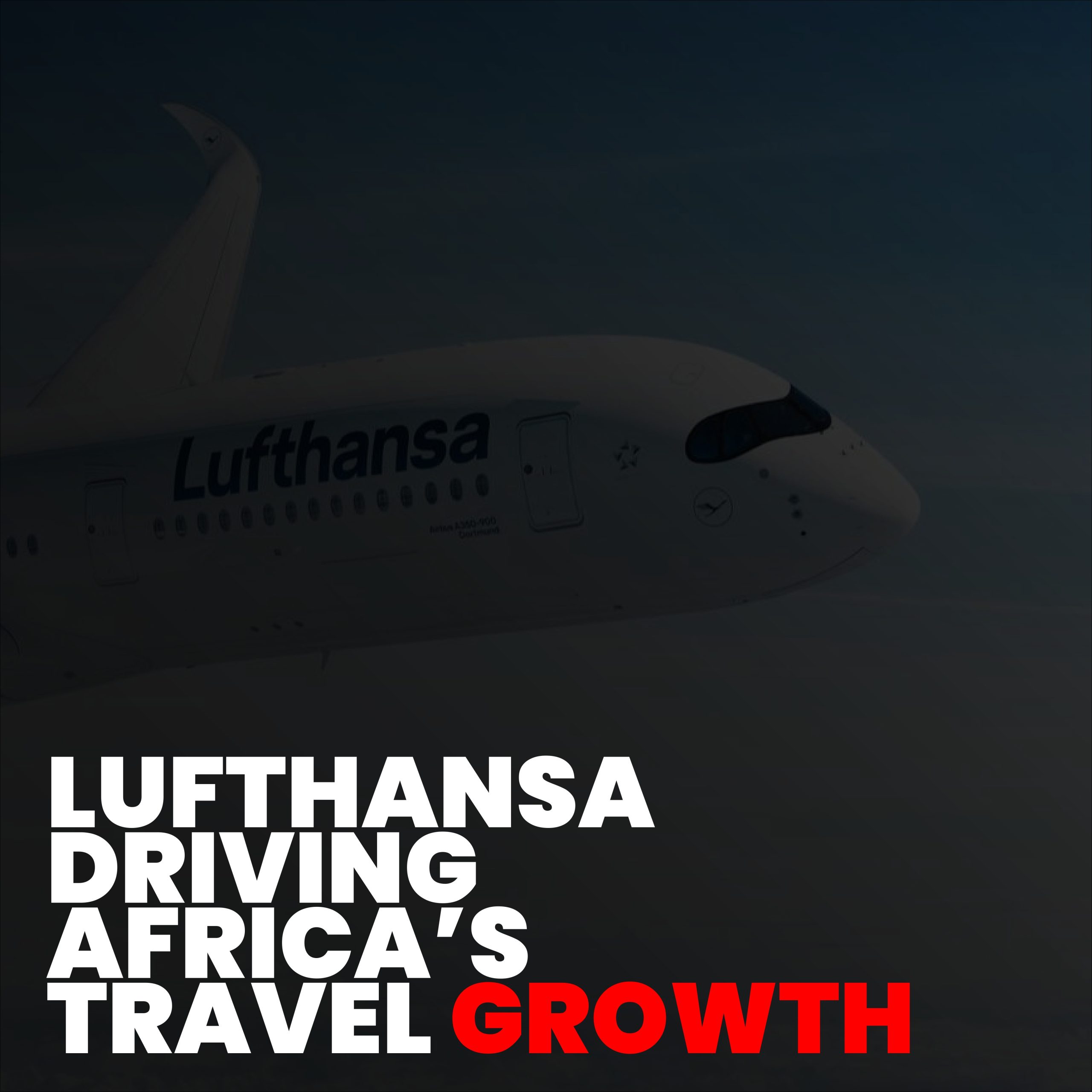
South Africa Smart ID Bank Application: 5 Powerful Truths Behind the Digital Shift
South Africa Smart ID Bank Application: 5 Powerful Truths Behind the Digital Shift
A major transformation is coming to South Africa’s public service system, as the Department of Home Affairs (DHA) prepares to partner with five leading banks Absa, Capitec, FNB, Standard Bank, and Discovery Bank to revolutionize the way citizens apply for Smart IDs and passports. The South Africa Smart ID bank application initiative aims to move these critical services into banking branches, reducing queues, cutting processing times, and bringing government services closer to the people. This digital leap marks a significant step toward modernizing citizen-state interaction in the post-apartheid era.
Because in the end, a government that serves its people should not make them wait in line for days.
South Africa Smart ID Bank Application: When Banks Become Service Hubs
The new partnership will turn selected bank branches into access points for Home Affairs services, allowing customers to apply for Smart IDs and passports without visiting overcrowded DHA offices. The South Africa Smart ID bank application model leverages the banks’ extensive infrastructure, digital platforms, and customer service networks to deliver government services more efficiently. This is not just convenience it’s a reimagining of public service delivery in a country where access to documentation has long been a barrier to full citizenship.
No citizen should be denied their rights because of bureaucratic inefficiency.
No South African Should Have to Choose Between Work and Paperwork
As highlighted in Mauritius Times – The issue with parliamentary pensions is not whether they’re contributory, but the age of eligibility, “Government must act to show that the same criteria apply equally to all.” Similarly, in matters of identity and documentation, every South African whether in Soweto, Cape Town, or rural Limpopo deserves equal, fast, and dignified access to official documents.

Truth #1: Digital Identity Is a Human Right
One of the most powerful truths about the South Africa Smart ID bank application is that access to an official ID is not a privilege it’s a fundamental right. Without a Smart ID, citizens cannot vote, open bank accounts, access healthcare, or claim social grants. By decentralizing the application process, this initiative empowers millions of South Africans, especially the elderly, disabled, and those in remote areas, to claim their legal identity with dignity.
When a person has no ID, they are invisible to the state.
No One Should Be Left Behind in the Digital Age
As seen in other global issues from Queen kaMayisela’s attempt to interdict a royal wedding to Archbishop Makgoba rejecting fake news when institutions fail to act with integrity, public trust erodes.
Truth #2: Public-Private Partnerships Can Drive Innovation
The South Africa Smart ID bank application initiative is a prime example of how collaboration between government and private institutions can solve public challenges. Banks bring technology, security, and reach; the DHA brings legitimacy and mandate. Together, they can deliver faster, safer, and more reliable services than either could alone.
Progress is not always about new laws sometimes it’s about smarter delivery.
Innovation Is Not the Enemy of Accountability It’s Its Ally
As noted in SABC News – The man suspected to have abducted and raped two nurses has been arrested, “Public trust is fragile and it must be earned.” The same applies to digital services: if citizens believe their data is secure and their applications are processed fairly, they will embrace the change.
Truth #3: Trust in Government Must Be Rebuilt
For years, the DHA has been plagued by delays, corruption, and inefficiency. The South Africa Smart ID bank application offers a chance to rebuild public confidence. By using trusted financial institutions as access points, the government signals that it values convenience, transparency, and accountability. But this trust must be maintained through consistent performance and zero tolerance for abuse.
No reform is complete until the people believe in it.
Every Document Issued on Time Is a Vote of Confidence
When a grandmother receives her ID in days instead of months, she regains her faith in the system.
Truth #4: Data Security Is Non-Negotiable
Handling sensitive biometric and personal data through bank channels demands the highest level of cybersecurity. The South Africa Smart ID bank application must be built on ironclad encryption, strict access controls, and independent audits. Any breach could undermine the entire initiative and expose citizens to identity theft and fraud.
Convenience should never come at the cost of privacy.
Security Is the Foundation of Digital Trust
As highlighted in Mauritius Times – The issue with parliamentary pensions is not whether they’re contributory, but the age of eligibility, “The issue with accountability is not whether systems exist, but whether they are enforced.” The same applies to data protection: if rules are not enforced, citizens’ rights are at risk.
Truth #5: This Is a Call for Inclusive Digital Transformation
The South Africa Smart ID bank application should not serve only the tech-savvy or urban populations. It must include training, multilingual support, and offline options for those without smartphones or internet access. True digital transformation leaves no one behind it brings everyone forward.
Real progress is not measured by how fast the elite move but by how far the marginalized come.
Technology Should Bridge Gaps Not Widen Them
When every South African, regardless of background, can walk into a bank and apply for an ID, the nation takes a giant leap toward equality.
Conclusion: A New Era of Citizen-Centered Service
The South Africa Smart ID bank application is more than an administrative upgrade it is a promise to put people first, to honor their rights, and to build a more responsive, modern state.
Because in the end, the true measure of a nation is not in its laws but in how easily its people can live by them.
For more articles on local and international news, click here: Explore Local and International News.


